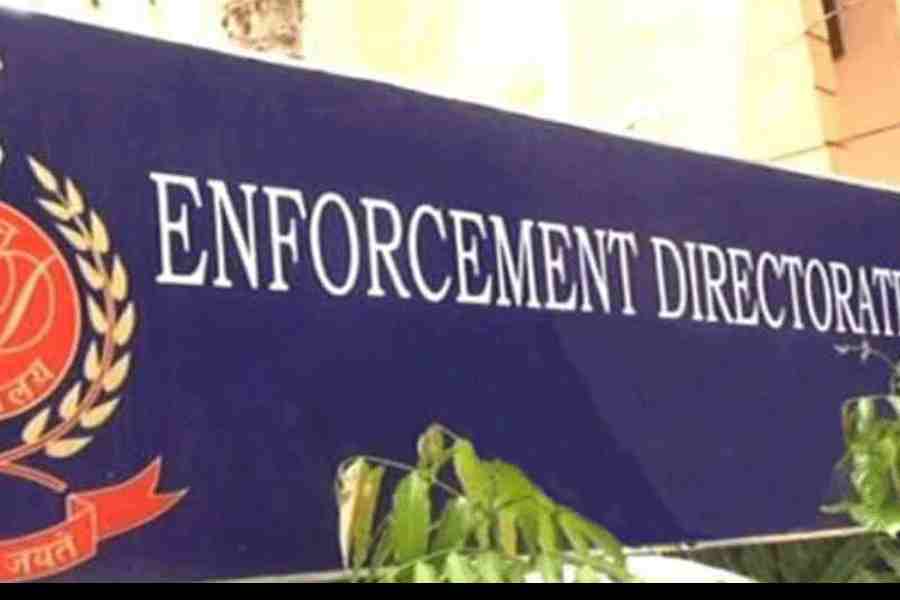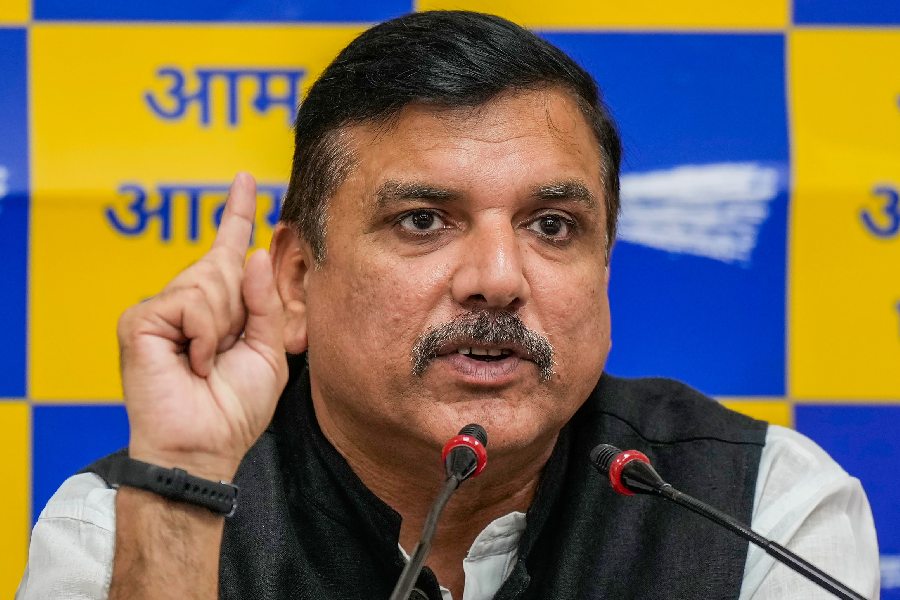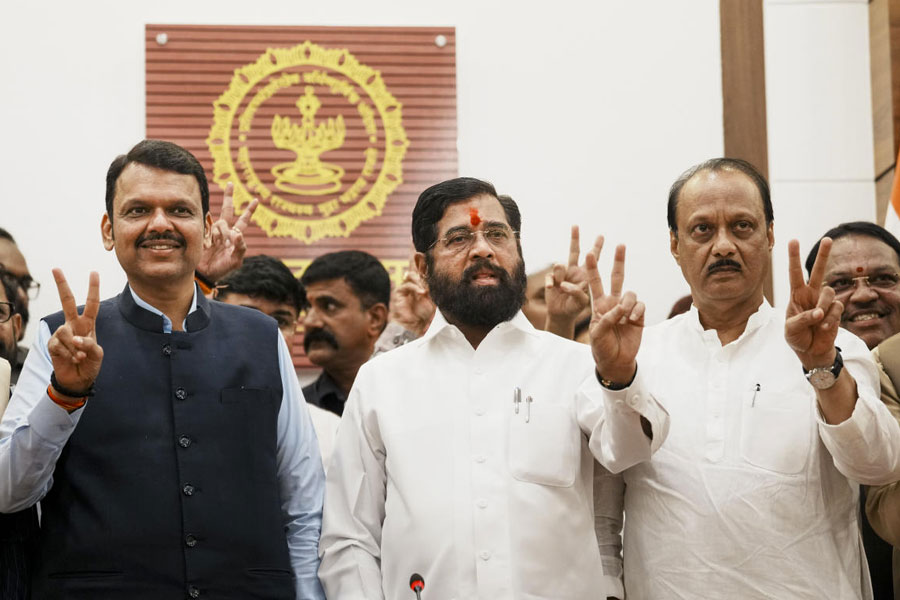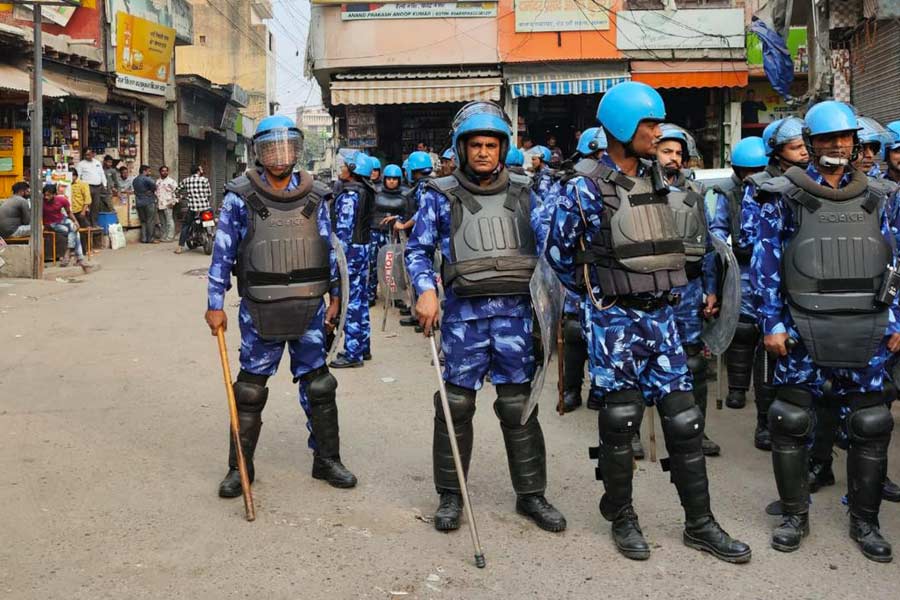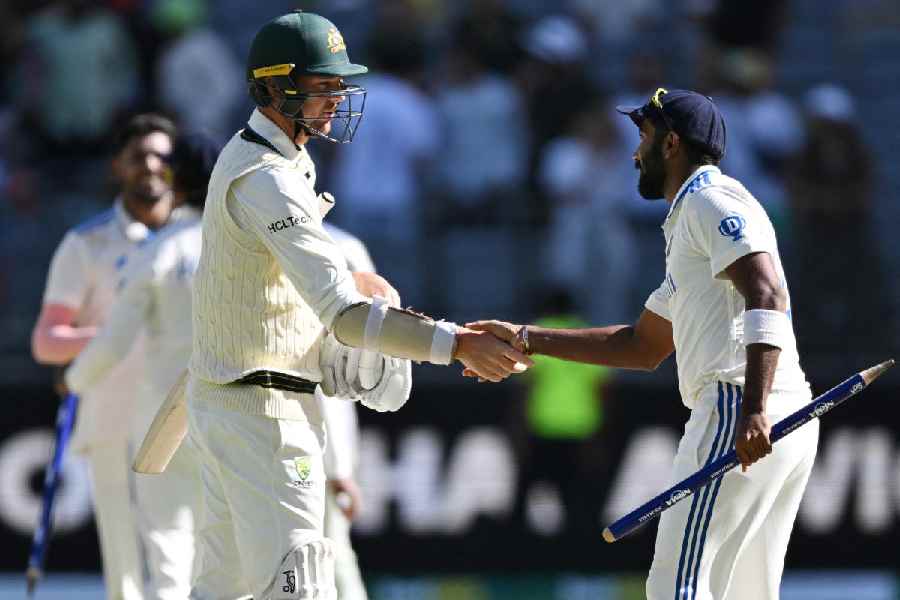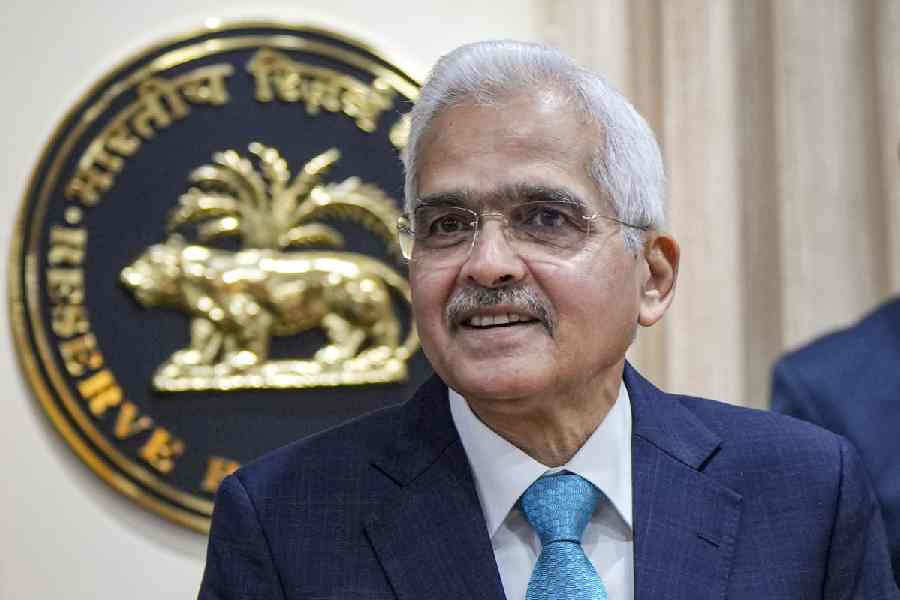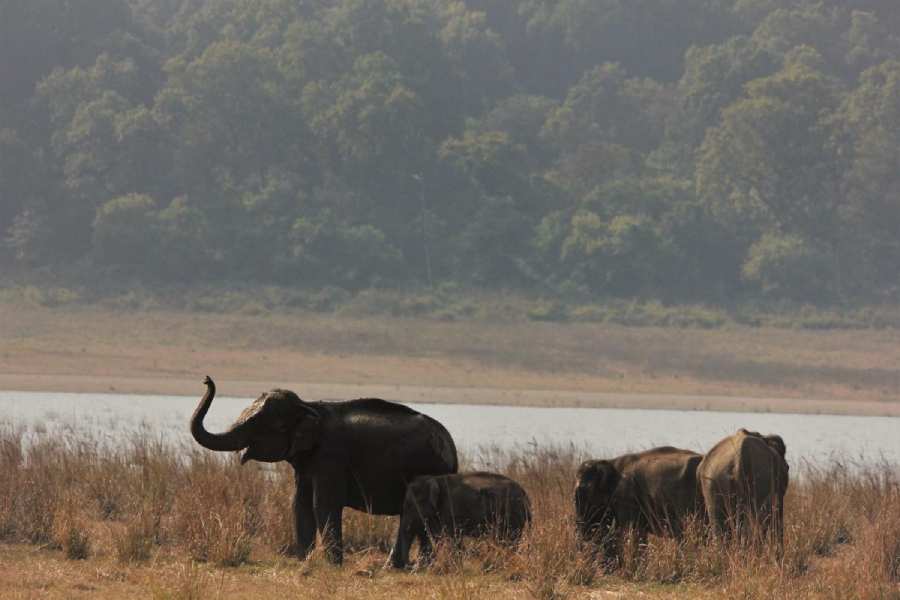Over 500 citizens, activists, women’s groups and individuals have strongly condemned the alleged increasing misuse of the Enforcement Directorate and laws like the Unlawful Activities Prevention Act (UAPA) and Prevention of Money Laundering Act (PMLA) as an “intimidation tool for political vendetta” against vocal critics of the government, including a large number of women.
The signatories said the ED had been “weaponised” and was being used as an “intimidation tool for political vendetta, where the process is the punishment for the detention of dissenters”.
In an open letter released through RTI activist Anjali Bharadwaj, the signatories noted that several “women scholars and activists” were being subjected to “harassment”, summoned by the ED repeatedly, made to wait long hours, often interrogated without any woman officer present throughout and asked to furnish documents over and over again.
They said “draconian” laws such as the UAPA and the PMLA were being increasingly used against those critical of the government and its policies and those who raise issues of the poor and oppressed.
Demanding that the “witch hunt” stop immediately and pointing out that under the PMLA the ED does not have to record an FIR before starting investigations, or inform those under investigation of the specific charges against them, the signatories demanded that “proper procedures” be put in place for summoning, questioning and evidence gathering from women so that they are not harassed and victimised.
The letter says: “We the undersigned women’s organisations and concerned individuals strongly condemn the continuous and repeated harassment of a number of women activists and intellectuals, by the Enforcement Directorate(ED), under the guise of an inquiry, in Delhi. This is a clear abuse of its extraordinary and draconian powers under the Prevention of Money Laundering Act (PMLA).
“As in the case of the Unlawful Activities Prevention Act (UAPA), there are increasing instances of the misuse of the PMLA, especially against persons who are vocal critics of the government and its policies, and those who raise issues of the poor and oppressed sections of society. The ED is being used as an intimidation tool for political vendetta, where the process is the punishment for the detention of dissenters.
“In the course of the last few months, several women scholars and activists have been summoned repeatedly, made to wait long hours, often interrogated without any woman officer present throughout, asked to furnish documents over and over again, in an ED investigation.”
The letter adds: “In a clear case of evergreening the inquiry, the process has become endless. It is quickly turning into a fishing expedition, with all kinds of irrelevant documents and personal information being demanded, such as those about other family members, having no relevance to the inquiry whatsoever.”
Referring to the targeting of women, the letter says: “All of these women, whom we cannot name because of the threat of further harassment, who are being questioned have worked tirelessly on substantive issues of national importance that matter to a vast majority of our people — food security, accountable and transparent governance, peace and harmony, informed citizenship, farmers rights, women’s issues and so on.
“They have been at the forefront of holding the state accountable to the needs of these sections with great commitment and perseverance, under different regimes, be it the Congress-led UPA, or the AAP government, or the BJP-led NDA. We have no doubt that the ED has targeted these particular women to stifle their voices and stop the crucial work they do — for example, to highlight the distress of our people on account of faulty economic policies, as is the case with the farmers’ agrarian crisis.
“Or their engagement at the grassroots level to raise awareness about constitutional processes of governance and accountability; the work with the Right to Information Act to safeguard democracy and constitutionally guaranteed justice. Some have used the powerful instrument of social audit and public hearings to ensure the delivery of entitlements like rations, pensions, etc, to the most vulnerable and marginalised sections of society. They have done important research on poverty, inequality, land rights, access to common property, etc, in reputed journals and publications.
“Drawing national and global attention to these issues makes the powers that be extremely uncomfortable, resulting in this vindictive action. The use of the PMLA is particularly sinister as it gives unbridled powers to the ED. It was enacted in response to India’s global commitments, including the Vienna Convention, to combat the serious crime of large-scale money laundering, particularly from trade in narcotics, arms smuggling and organised crime.
“It is shocking that the legislation is being misused in such a manner, against Opposition leaders, activists and intellectuals, a clear mockery and dilution of its original objective. Under the Act, the state is relieved of all responsibility for observing the principles of natural justice, fair trial, due process, protocols for women, and human rights.
“The investigation agencies effectively exercise police powers and should be obligated to follow the CrPC, but the PMLA has an overriding effect in case of any inconsistency with any other law, including CrPC, etc. The ED does not have to record an FIR before starting investigations, or inform those under investigation of the specific charges against them at the time of summons or during the investigation.
“The ED has unbridled power of summons, raids and arrests. The power to summon is so wide that any officer of the rank of assistant director or above can call any person, accused or not, for discovery, inspection, recording statements and producing documents, etc. Though it is a judicial proceeding with much wider powers than a civil court, the accused or witness does not get the protection of a civil court, like the right to a lawyer, of knowing the charges, the right to remain silent, etc. Statements made in the course of an investigation can be used against them in judicial proceedings, an extraordinary power that even the police don’t have.
“The Act (PMLA) violates Article 20 of the Constitution, which guarantees the right against self-incrimination as a fundamental right; and the ED can compel the production of records and giving of sworn statements, since silence is punishable. It presumes guilt of the accused unless proved otherwise, placing burden on those under investigation; bail is extremely difficult since innocence has to be proved for bail.”
The signatories said: “We oppose the draconian provisions of the PMLA that skew power equations and weaponise agencies to violate personal liberty, procedures of law and the constitutional mandate.
“We unequivocally condemn the misuse of the PMLA against these researchers and activists in order to crush their voices and work. We demand that this persecution and witch hunt must stop immediately. We also demand that proper procedures be put in place for the summoning, questioning and evidence gathering from women so that they are not harassed and victimised.
“We further demand that given the immense powers under the Act, the ED should exercise great responsibility and discernment in the persons and cases where they choose to use the PMLA, and certainly not use it to intimidate opponents, activists and intellectuals.”
The signatories include Aditi Mehta, retired IAS; Brinda Karat, CPM leader; Jawahar Sircar, MP; Jayati Ghosh, economist; John Dayal, writer and activist; K. Lalitha, writer; K.P.Fabian, retired ambassador of India to Qatar; Kalyani Menon Sen, researcher and activist; Pamela Philipose, journalist; P.K. Sreemathy, former MP; Prashant Bhushan, lawyer; Yogendra Yadav, political activist; and V. Saldanha, Indian Christian Women’s Movement.
Some of the groups that have signed the letter are the Saheli Women’s Resource Centre, Forum Against Oppression of Women, Bebaak Collective, PUCL, Pragatisheel Mahila Sangathan, Human Rights Defenders Alert India and Samvidhan Bachao Desh Bachao Abhiyan.

